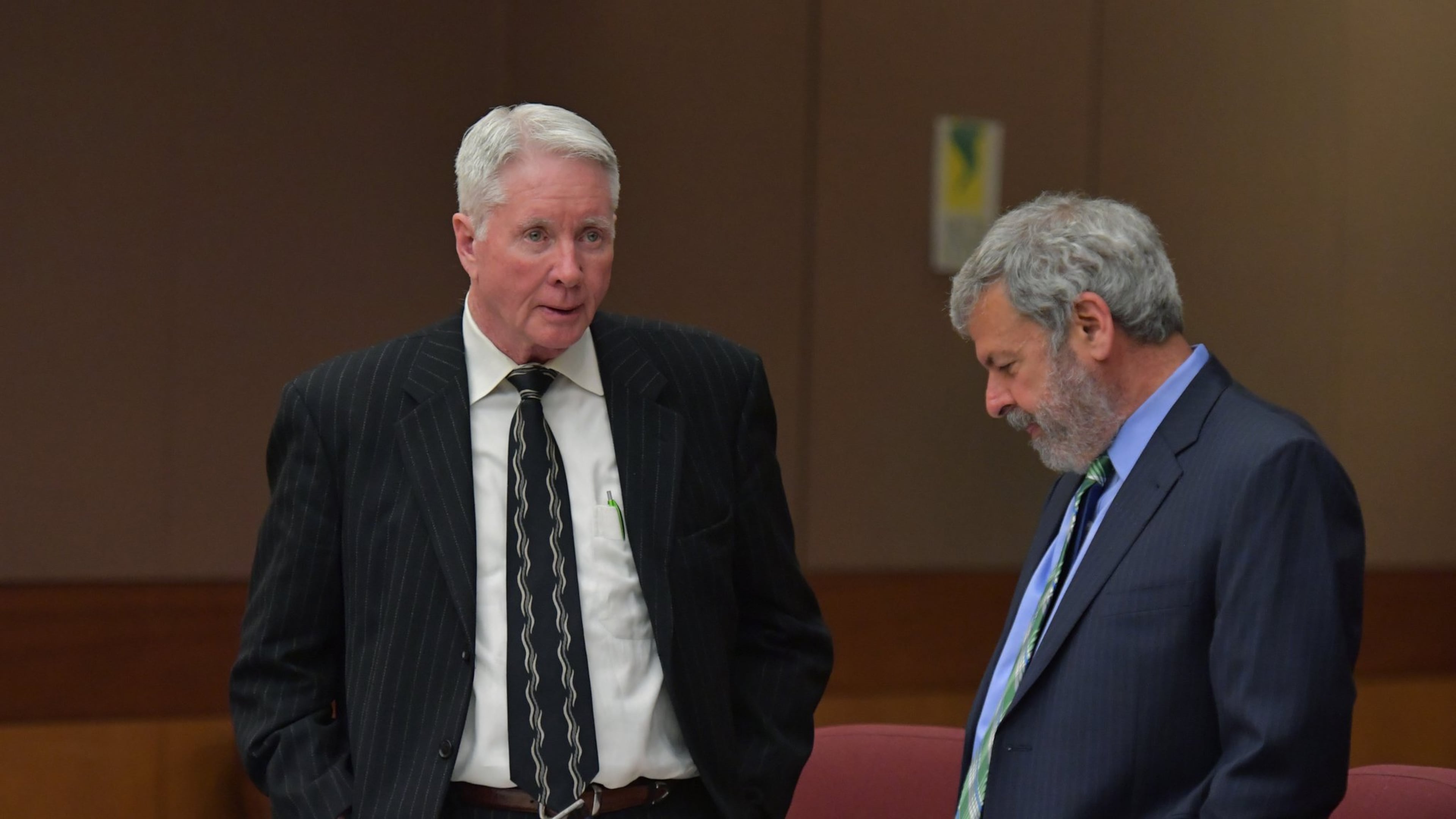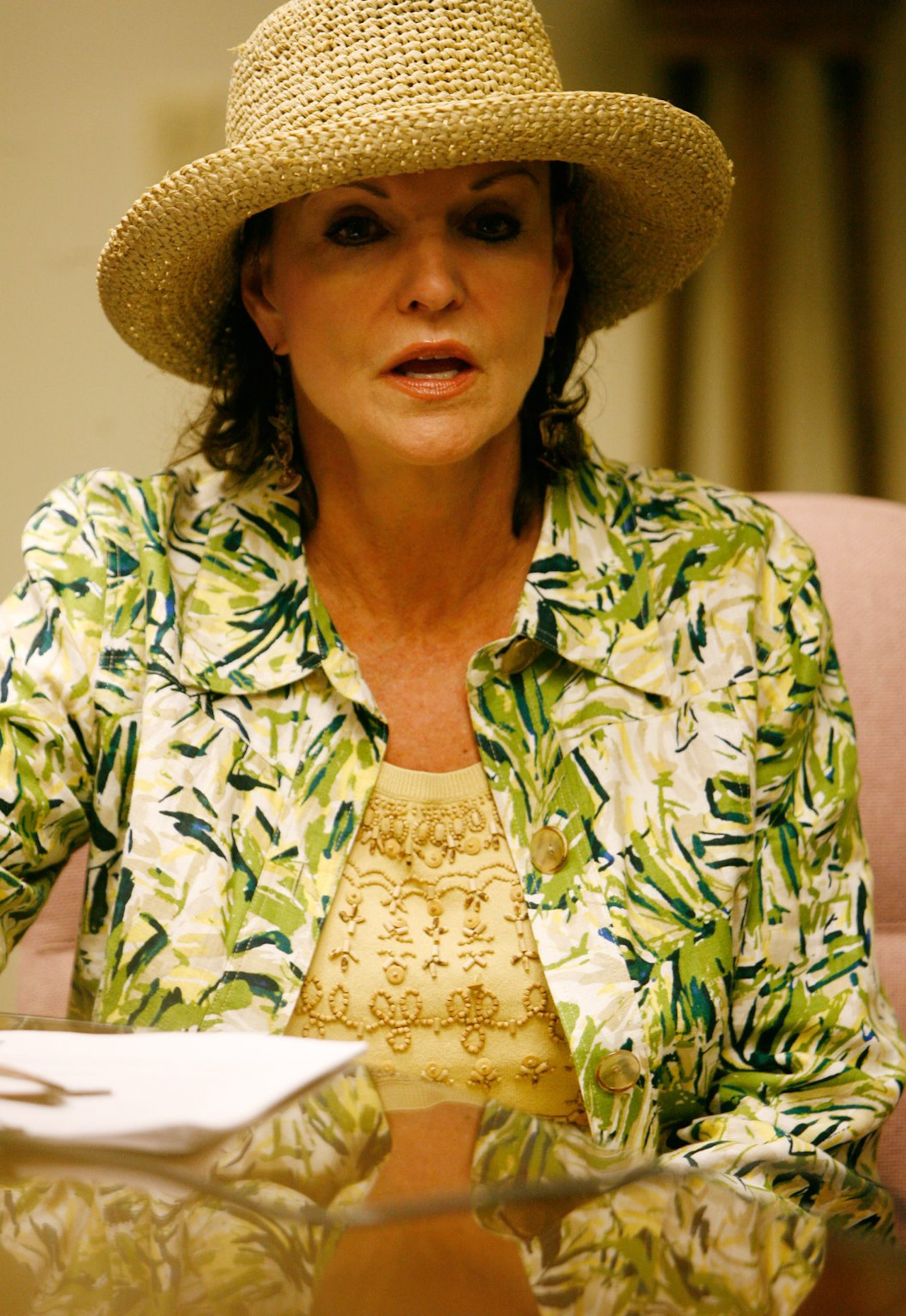Question of motive will be key in McIver murder trial

The central question in the case of Claud “Tex” McIver —accident or murder — is straightforward enough, but in answering it jurors will have to wade through a case rife with contradictions, insinuations and little certitude.
In essence, the state will argue that McIver engineered a Machiavellian murder plot, fatally shooting his wife in front of their best friend, but was undone by a series of monumental blunders.
Until now, his reason for doing so has been unclear. Friends of Tex and Dianne say theirs was a storybook marriage. So far no one has come forward with accusations of infidelity or spousal abuse.
Stay with The Atlanta Journal-Constitution for every twist and turn in the Tex McIver murder trial. We'll provide minute-by-minute courtroom action as well as in-depth legal analysis of what it all means. Find links to our daily coverage, the "Breakdown" podcast, and previous stories at our website, myajc.com/crime
“He absolutely worships her,” Dani Jo Carter, who was driving the couple’s Ford Expedition when the shooting occurred, told police. “Absolutely. They’re like, I get jealous sometimes because they were more like lovebirds than my husband and I.”
But at a hearing Wednesday, five days before McIver's trial begins, prosecutors made it clear why they think the attorney, now 75 years old, murdered his 64-year-old wife. And while demonstrating a motive isn't legally required, it may be crucial to win over a jury in this case.
“They don’t have to prove any motive, but they’re going to have a hard time convicting him of murder unless they can show he was driven by money,” said Dunwoody attorney Esther Panitch, who has been following the McIver saga closely.
According to the state, Diane McIver, a wealthy business executive, had a second will that would’ve transferred ownership of the couple’s Putnam County ranch to their godson. That decision, according to prosecutors, stemmed from a $350,000 loan from Diane that Tex had yet to repay.
“Our position is there was a new will and that it has been secreted from the state,” lead prosecutor Clint Rucker said Wednesday. “Much of our investigation has been a pursuit to locate it.”
But they have yet to do so. Instead the state will rely on witnesses who say she discussed it and emails that infer one existed.
KEY PLAYERS: Here are the main figures in the Tex McIver murder trial
TIMELINE: Events in the Tex McIver saga
The defense has a simple counter: If Tex was motivated by money, why would he kill his wife, who earned more than twice what he did?
"There is no substantive reason, there is no factual reason, there is no emotional reason, there is no reason at all that this should be elevated from anything other than an accidental unintentional act to an intentional act," said McIver co-counsel Bruce Harvey. "There's not one single fact, not one single fact in this case that would justify that."
That remains to be seen. Fortunately for the state, McIver has been his own worst enemy.
Prosecutors say they will present evidence McIver offered a bribe to make the case against him go away. They'll tell jurors how he tried to convince Dani Jo Carter to say she wasn't in the car when the shooting occurred. And that wasn't the only evidence he allegedly attempted to manipulate.

His spokesman, Bill Crane, said McIver told him he armed himself in the car because he thought he saw Black Lives Matter protesters nearby. When that backfired, McIver asked Crane to retract the statement.
Then there was his decision to sell off his late wife’s wardrobe and jewelry. McIver said that he was ordered to do so to satisfy bequests from Diane’s will, but, according to Rucker, no one has seen a dime even though “hundreds of thousands of dollars were collected.”
All of this reflects badly on Tex McIver, and, in a murder trial, character counts plenty. Evidence of infidelities and serial sexting, relevant or not, played a major role in the 2016 conviction of Justin Ross Harris, accused of intentionally leaving his 22-month-old son inside a hot car to die.
Will it be enough this time?
“Depends on how much the judge allows,” said Carlos Rodriguez, one of Harris’ attorneys. In that case, the judge gave the prosecution wide sway on what was admissible.
On Wednesday, Judge Robert McBurney reversed an earlier decision to allow evidence about a 1990 shooting incident when McIver allegedly opened fire on a carload of three young men, then lied to the police about it.
So that’s one victory for the defense. But this game is just getting started.
Christian Boone is a crime and public safety reporter and Atlanta native. He has covered some of thebiggest cases of the past 10 years, including the hot car death of 22-month-old Cooper Harris and theDunwoody day care

